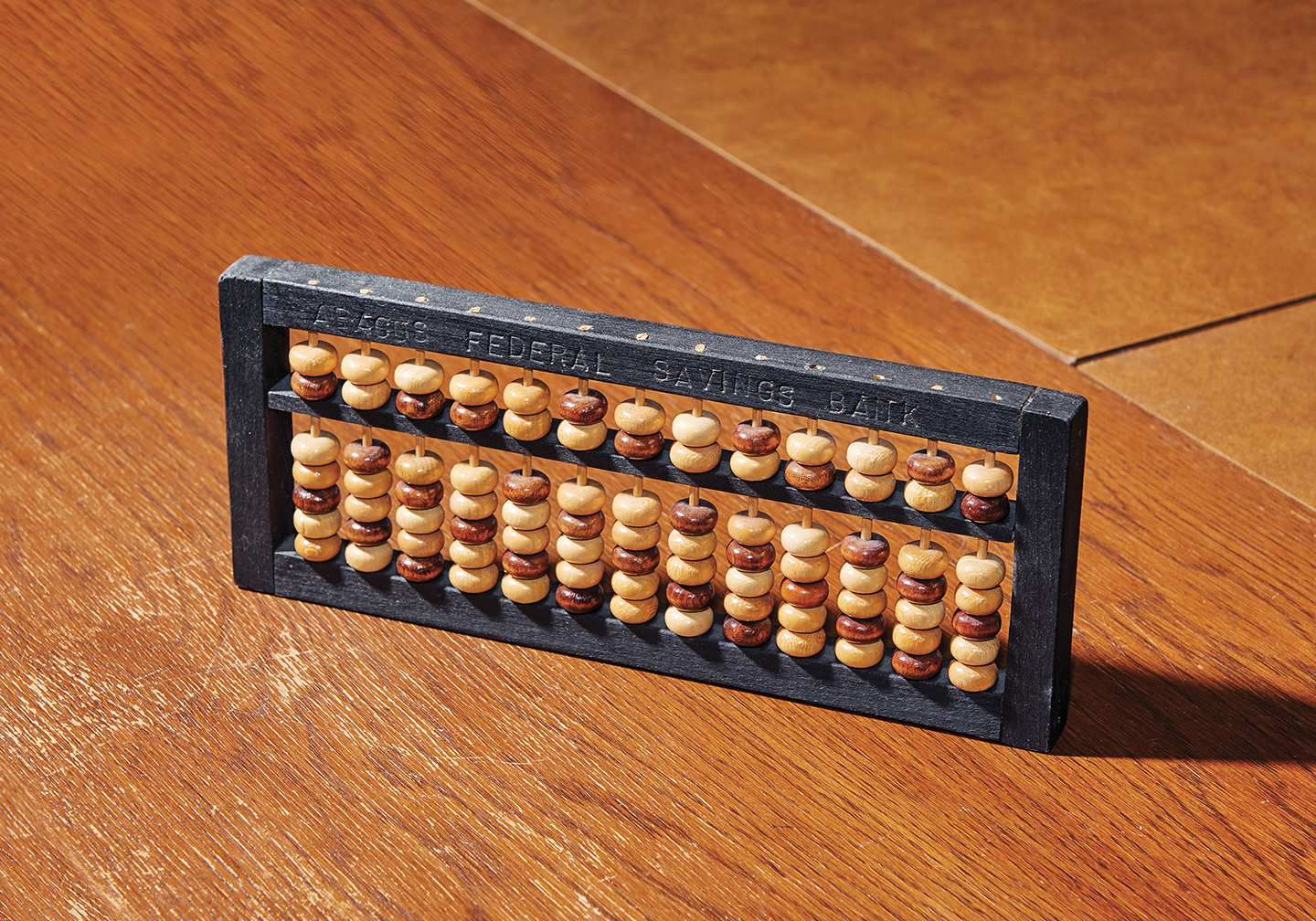
The family considers the case brought against Abacus Federal Savings Bank in 2012, chronicled in the FRONTLINE documentary, as an example of discrimination.
#JILL SUNG ABACUS FEDERAL SAVINGS BANK TRIAL#
“They are just as much Americans as any other American.” The Trial of Abacus He said it must be much harder for his American-born daughters to bear. Thomas, who was born in Shanghai and came to America at the age of 16, said he was prepared to face some discrimination because he was an immigrant. “I’ve never ever had to think that way,” she said. Because I am an object of dislike, hatred, so I need to hide myself.” She described how a friend suggested wearing a mask, sunglasses and a hat so people couldn’t identify Vera as Asian. In addition to that feeling, Vera said, “There’s also another truly bizarre thought that’s out there, which is that I also have to try and hide who I am. “That’s really shocking to me, but it’s nothing new for our community.” “I’m in my 40s, and it’s like, at this stage in life, being born here, and with parents who immigrated here many, many years ago, and have been fully integrated into our community here, it’s true that we’re now in this place where we have to defend our existence in this country,” she said. The analysis noted that the first spike, in March and April 2020, happened “amidst a rise in COVID cases and negative stereotyping of Asians related to the pandemic.”Īs an Asian American, Chanterelle Sung, who works as a director of compliance for a pharmaceutical company, has recently come to feel like she has to defend her right to be here. Hate crimes targeting Asians rose nearly 150% in the cities surveyed and, in New York City, rose from three events in 2019 to 28 in 2020, according to the Center for the Study of Hate and Extremism at California State University. Recently published analysis has shown that hate crimes targeting Asians and Asian Americans surged in 16 major cities in 2020, even as hate crimes overall dropped 7% in those cities. “It’s been extremely stressful and emotionally draining having to deal with the thought that somebody may actually come and attack you or hurl a racial epithet at you,” Vera said. Now, she said, they also worry about everyone’s physical safety. When COVID-19 arrived, the family began to worry about everyone’s health. After a man was stabbed from behind in Chinatown in February, she said she has taken to looking behind her as she walks. bank prosecuted in relation to the 2008 financial crisis, from director Steve James. Sung and three of his daughters - Vera, Jill and Chanterelle, who were all featured in the documentary - spoke to FRONTLINE about what their community has gone through during the pandemic and how they’ve weathered the rise in anti-Asian attacks in the city.Įven with the gear their father gave them to protect themselves, Vera Sung, director at Abacus bank, said she felt a sense of “constant alert” in the city. Sung’s bank was the subject of the Oscar-nominated 2017 documentary Abacus: Small Enough to Jail, about the only U.S.


“My prediction always has been that this situation is going to get worse before it gets better,” Sung, founder of Abacus Federal Savings Bank in New York City’s Chinatown, said in an interview with FRONTLINE on April 6. The rise in anti-Asian attacks in the United States was something he warned his daughters about last year, telling them to prepare themselves and buying pepper spray, whistles and tasers for them.


 0 kommentar(er)
0 kommentar(er)
